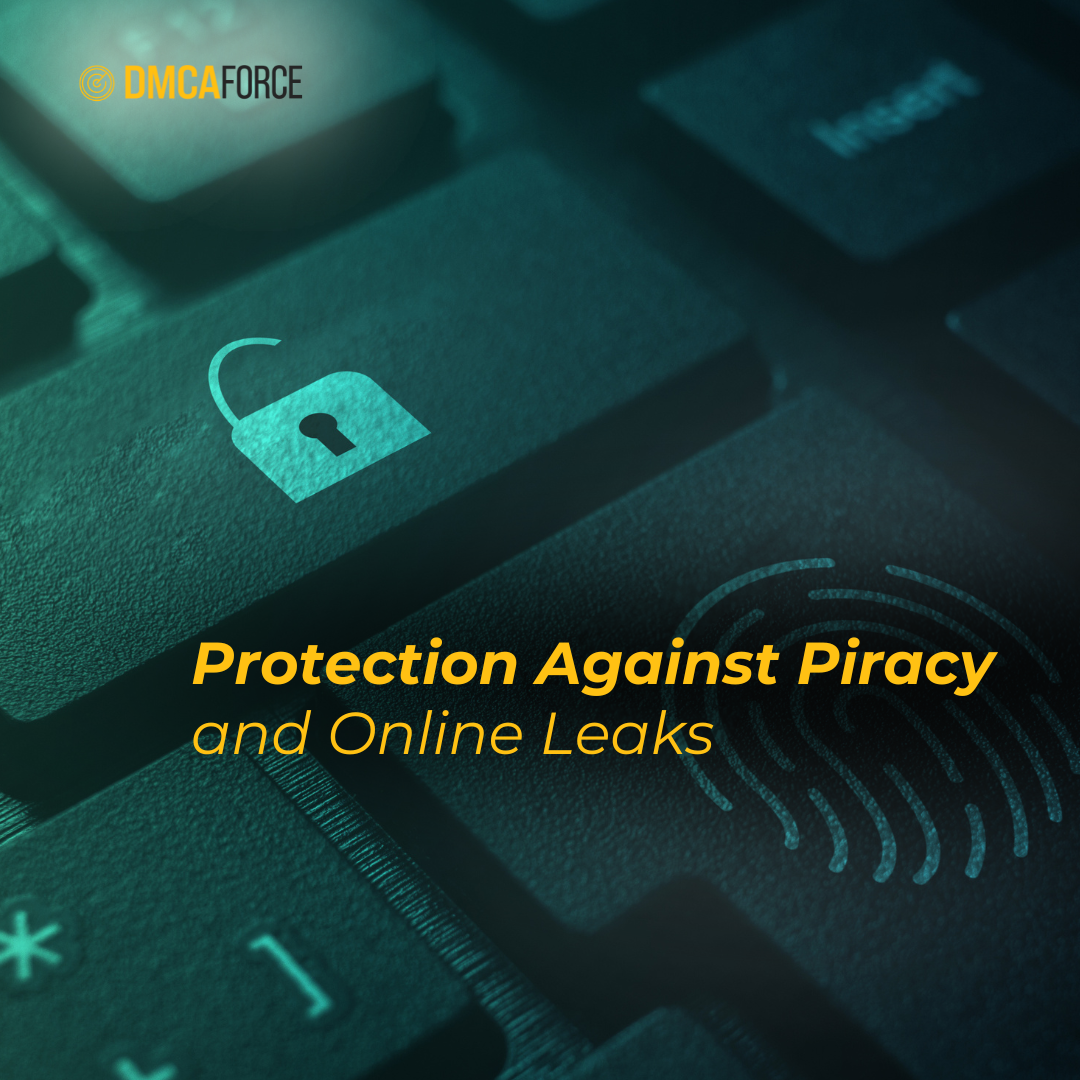News

Antigua’s “Legal Pirate Site” Might Be Bad, But Current, Illegal Pirate Sites Are Worse
If you follow intellectual property-related news, then you’re probably already aware that the World Trade Organization has ruled that Antigua and Barbuda have the right to suspend U.S. intellectual property rights.
The decision stems from a long-running conflict between the islands and the U.S. government over the States’ online gambling regulations, which prohibit U.S. players from waging bets handled by websites (and other remote gambling mechanisms, like off-track betting). The history of this dispute is long, somewhat complicated and well beyond the scope of this post.
Rather than rehash how and why the ongoing negotiations between the U.S. and Antigua reached this antagonistic point, let’s engage in a bit of speculation of as to how the “legal pirate site” operated by Antigua might operate, and how it would compare with existing, illegal pirate sites.
Presumably, since the whole point of the site would be to make money to offset the harm done to Antigua’s economy by the U.S. online gambling prohibition, the Antigua government plans to sell copyrighted works on the site, rather than distribute the works for free, as many illegal pirate sites do. In my view, that fact alone would render Antigua’s legal pirate site significantly less popular than existing illegal sites; the primary reason for such sites’ popularity, after all, is that they offer copyrighted materials for free.
There might be some appeal to the idea that downloading content from the Antiguan site is “legal” (although it’s not clear to me that it really would be legal, with respect to the end-users of the site and the various jurisdictions in which they live), but somehow I don’t think that fact will matter much to people who are already knowingly and willfully obtaining copyrighted materials illegally. If the law doesn’t matter to them now, why would it start to matter to them once the Antiguan site is live?
At the end of the day, I suspect Antigua might be disappointed by the revenue produced through its piracy site, should they follow through with launching it. For one, the site would be capped at $21 million per year in sales under the WTO’s ruling. The larger problem the site would face, though, is one faced by many of DMCA Force’s clients who make their living selling content online — competing with pirates who offer the same wares for free, unrestricted by any need to comply with the terms of a WTO ruling, and unconcerned with the laws and regulations of any country or governing body.
How to Protect Your OnlyFans Content from Online Leaks and Piracy
November 15, 2024

Protect Your Content on Telegram: Using DMCA Claims to Combat Piracy
November 13, 2024

Unlock Your Revenue Potential at the AW Summit 2024 in Bucharest!
September 10, 2024
Got questions about protecting your digital assets from copyright infringement?


